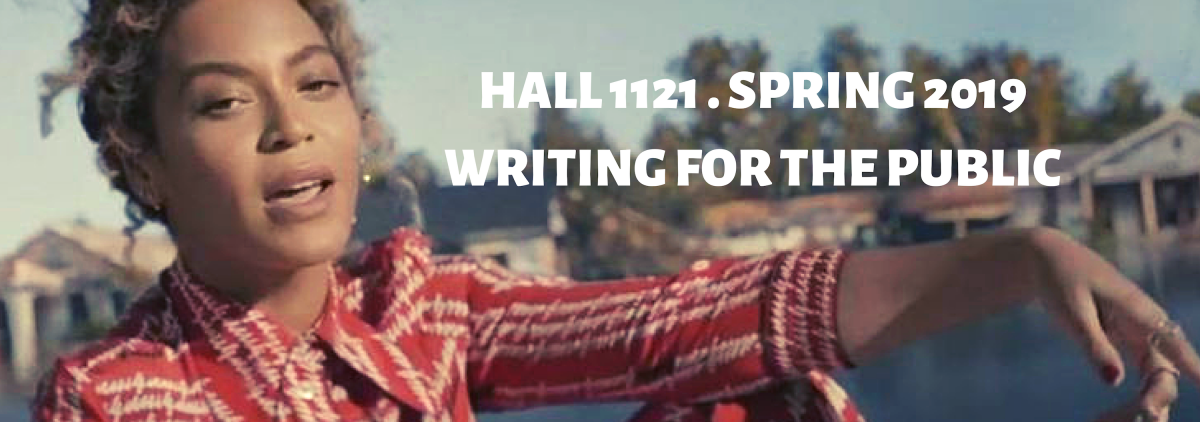Waleed Qureshi
ENG 1121
Dr. Carrie Hall
03/05/2019
Response To Lemonade
I read the review of Bell Hooks. To me this review was motivational as it motivated the oppressed women to stand out and work for themselves. This meant that in order for women to gain equality, they have to work and achieve it. Nothing comes easy but you have to work for it. The author also talked a lot about the visuals of other people when they see a black woman which she explained further and gave us more ideas by saying words like “black women body”. The writer explained all these further by describing to us the scenes of how Beyoncé was dressed describing the situation in which she was in or something that she symbolized like her golden dress. This helped people who have not seen the album get a better idea of what that album represented. Another thing I liked about this review was the layout. At first this confused me as I wasn’t able to understand it but later I realized how the review was organized. At first Bell Hooks explained the songs of the album and then she told us how she felt about the things that the songs were trying to deliver.



